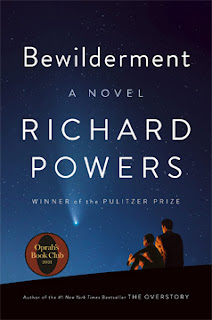Riverhead Books, 416 pages, $28
This is not a murder mystery, but there are certainly mysterious machinations afoot.
The reader involvement starts with the title. Trust? Should the reader trust Hernan Diaz, a potentially unreliable author? Hmm.
I enjoyed “In the Distance,” another book by Diaz. It contained many diversions, all of which were inventive. So, inventive was my default expectation for Diaz’ new work. I entrusted him to fulfill this mission, and I was not disappointed.
There are major divisions: four stories, at first glance. The first story is about a man of great financial means who means to make more financial means, etc. In the meantime, his wife is going mad. The second story is about a man of financial means who means to make more financial means, etc. He has hired a secretary to help him write a book. I will omit descriptions of the last two works. This is the bottom line. Should you trust the narrative of the first book? the second book? the third? the fourth? What if they are mutually exclusive? Which one is worthy of your trust?
What is magnificent about “Trust’ is how Diaz concocts the stories. His writing, his description of the financial world — granted, I am not qualified to judge if it is an accurate rendering of the times and the possibilities of manipulation — his depiction of the gradations of madness, his drawing out the agony of his victims are brilliant.
I have to admit to a growing dissatisfaction with literary gimmicks, but I still make exceptions for books that impress me. For instance, I loved “The Cloud Atlas,” which rested on a gimmick. As did “The Cloud Atlas,” “Trust” impressed me.



